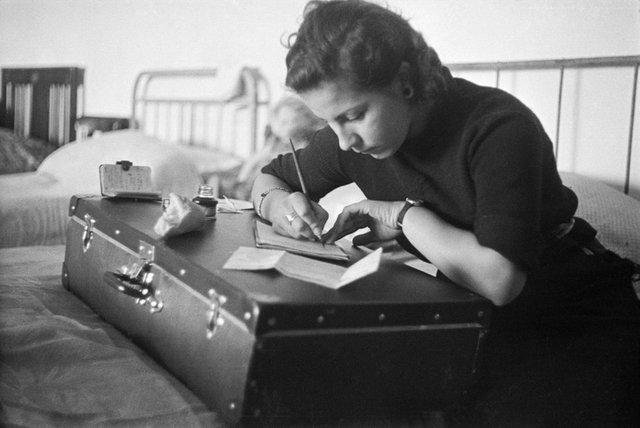I’ve allowed myself to spend months of my writing life being intimidated by editors and their seemingly heartless rejections yet every editor I’ve met in person has been vivacious and friendly. Behind their desks they often appear impossible to please and their offers of publication can be complicated.
Two friends, for example, had requests for more photographs to accompany their articles and then for more information, and by the time they received payment they’d already spent a fortune accumulating all the necessary data. Neither experience turned out profitable, but both were very educational.
It seems unfair, but it’s a learning curve and there’s no easy way around it. The groundwork is vital.
Researching
Research your market thoroughly. That doesn’t mean browsing through a magazine while waiting to check out at the supermarket. It doesn’t mean scanning a contents page and deciding they need your article. Researching means reading several magazines from cover to cover. It means pouring over the adverts to understand the target market.
Checking word counts is also relevant because some magazines like long articles and some like big pictures so you need to pay attention to the layout too. It may be worth checking on the internet or writing to the specific editor requesting submission guidelines, or writing a query letter outlining your idea.
Choosing The Title
Next comes the snappy title. Eye catching, clever or witty, do whatever it takes to make the editor and then the reader notice it and want to read further. For some ideas on titles consider clichés or idioms, or some current newsworthy issue if it’s applicable.
Alliteration also seems to be a popular device for titles.
Writing the Opening Lead
The lead, or first paragraph must be exciting, interesting and informative in order to seize the reader’s attention and entice them to read further. It’s a complex paragraph and so deserves a lot of editing.
Rather than set the tone of the piece, the rush of the lead must grab the reader’s interest and hold it while clearly describing the concept of the article.
From the thrill of the lead the momentum usually slows.
Writing the Body
Ensure your information is logically ordered. Don’t jump around with facts and snippets as this only succeeds in confusing the reader (when confused readers usually become irritated and soon the desire to continue reading will vanish).
Write simply as no one is interested in reading an article containing words they don’t understand. To keep your own bias at bay try to give other people’s opinions not your own, you can do this by using quotes, anecdotes and, of course, plenty of facts.
Keep your article current, short and fresh and remember not to wander off the topic. It’s also important to keep the energy in the body of your article strong so that readers don’t abandon it half way through.
Concluding the Article
The conclusion must tie up with the lead paragraph. It’s the full circle concept where thoughts from paragraph one are resolved in the conclusion. It’s also recommended to try and end with something positive.
It’s a start. Combined with proper research, a coherent and apt style and a bit of daring you too can achieve great article publishing feats.


You have been upvoted by the @sndbox-alpha! Our curation team is currently formed by @jeffbernst, @bitrocker2020, @jrswab & @teachblogger . We are seeking posts of the highest quality and we deem your endeavour as one of them. If you want to get to know more, feel free to check our blog.
Downvoting a post can decrease pending rewards and make it less visible. Common reasons:
Submit